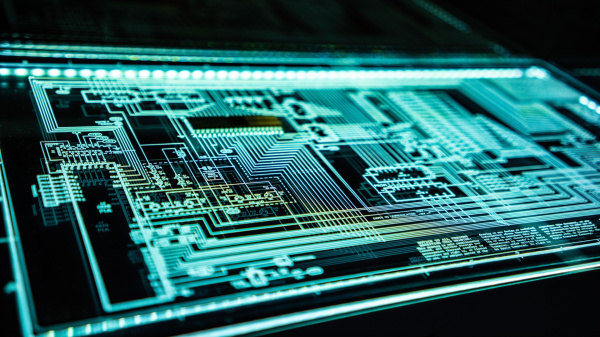The United Nations Institute for Disarmament Research (UNIDIR) organised a one-day hybrid event dedicated to the multi-stakeholder community to gather their views on the scope, structure and content of the “Programme of Action to advance responsible State behaviour in the use of information and communications technologies in the context of international security” – (Cyber PoA).
The day was divided in two sessions, providing an opportunity to discuss lessons from other comparable processes, the possible role of different stakeholders in the Cyber PoA, as well as more practical inputs on key elements of the Cyber PoA based on the guiding questions provided by UNIDIR.
This event complemented the process mandated by UN General Assembly resolution A/C.1/77/L.73 on the Programme of Action for the UN Secretary General, to seek the views of Member States on the scope, structure and content for the programme of action; and for the Office for Disarmament Affairs to collaborate with relevant regional organizations whose members are also Member States of the United Nations to convene a series of consultations to share views on the Cyber PoA.
A summary report of the event including a compendium of all written contributions from stakeholders will be prepared and released in time to support discussions of the First Committee during the 78th session of the General Assembly.
AGENDA
10:00-12:00 Session 1: Introduction
Panel 1: Review of existing POAs – Lessons Learned and Best Practices
Panel 2: Roles of Multi-stakeholders in the Cyber PoA – Civil society, Academia, Industry and NGOs
12:00-13:00 Lunch break
13:00-14:30 Session 2: Plenary discussion
- Scope of Cyber PoA
- Structure of Cyber PoA
- Content of Cyber PoA
14:30-15:00 Coffee break
15:00-16:00 Wrap-up and closing
WHEN & WHERE
1 June 2023, 10:00-16:00 (CEST): Please consult this website to find your local time.
Hybrid format: In-person (Campus Biotech, Chemin des Mines 9, Geneva, Switzerland) and online.
PARTICIPANTS
UNIDIR encouraged the participation of representatives of interested and relevant non-governmental organizations, civil society organizations, academic institutions and the private sector. Representatives of UN Member States, interested global and regional intergovernmental organizations, including representatives of United Nations bodies, specialized agencies and funds were invited as observers.
WRITTEN CONTRIBUTIONS
As part of this multi-stakeholder initiative, UNIDIR invited short written contributions (max 2,000 words) which were annexed to the event report focused on addressing one or more of the guiding questions below. Only written submission strictly related to the purpose and nature of the event, and designed to provide constructive feedback on the proposed theme and questions were taken into consideration. The requirements for the written contributions were as follows:
Scope:
- Should the Cyber PoA permanent mechanism focus on consensus report recommendation follow-up, development of new norms, capacity-building or confidence-building?
- Should the PoA define States’ and multi-stakeholders’ rights and responsibilities – burden and credit-sharing modalities?
- Should the PoA play a role in additional intergovernmental bodies under UN auspices that could be established by States?
Structure:
- Should the Cyber PoA engage with a knowledge partner agency including on research?
- Should the PoA develop a funding mechanism? What kind of projects should the PoA consider?
Content:
- Should the Cyber PoA assist States in their efforts to implement the framework for responsible State behaviour and tackle emerging threats in the information and communications technology?
- Should the PoA support capacity-building and confidence-building between States? How?
- Should the PoA facilitate and strengthen collaboration between States and when appropriate, with civil society, the private sector, academia and the technical community? How?
- Should the PoA encourage States to, on a voluntary basis, survey or report on their national efforts to implement rules, norms and principles, including through the report of the Secretary-General as well as the National Survey of Implementation? How?
- Should the PoA promote the full, equal and meaningful participation and leadership of women in decision-making processes? How?
- Should the PoA advance multi-stakeholder discussions on the applicability of international law in cyberspace? How?
